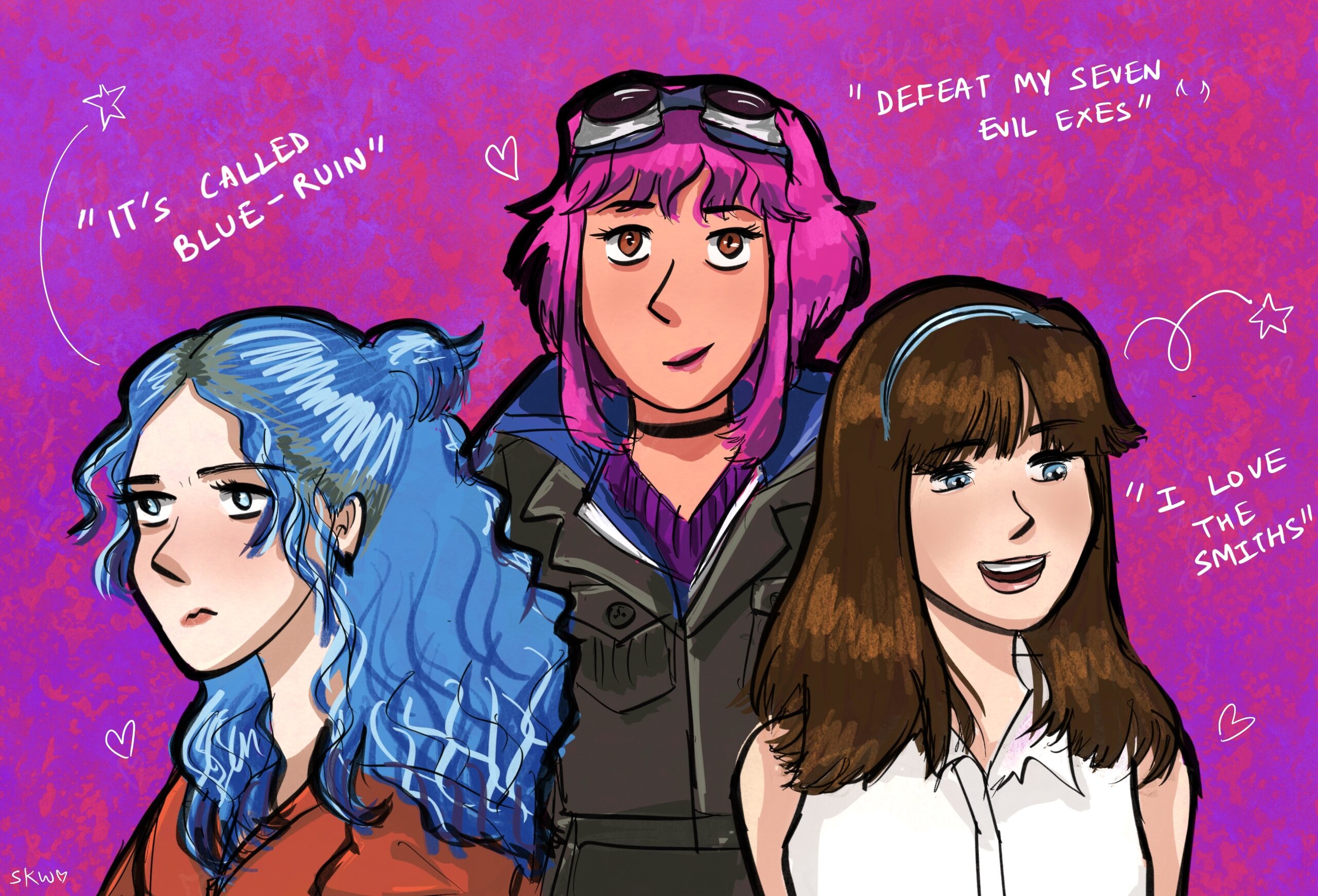Romantic tropes in the real world: The Manic Pixie Dream Girl
Who is the manic pixie dream girl, and why is she a problem?
Manic pixie dream girl (MPDG) is a term coined by film critic Nathan Rabin, which refers to female characters who exist only to enhance the lives of the male protagonist. MPDGs are typically quirky and eccentric. They usually have experienced some sort of trauma or overlooked issue that is rarely addressed. They are “not like other girls” and, as a result, they change the male protagonist’s life in one way or another.
The male character is often infatuated with his own idea of the girl. He loves her quirks but does not recognize her faults. She may even warn him of her baggage, but he will not take her seriously. A good example of this is Tom from 500 Days of Summer (2009). Summer tells him that she does not want a serious relationship with him, but he still gets upset with her later on for that exact reason. It is only after Summer leaves that Tom realizes the issues in their relationship: issues he had not noticed earlier because he was blinded by his ideas of her.
Overall, the dream girl is made for the sole purpose of enhancing a male protagonist’s life. She is not autonomous nor a fully fleshed-out character. She exists only to benefit the man, without receiving anything in return. Despite the clear misogyny, what is the real-world problem with this if it is simply a fictional trope?
According to journalist Laurie Penny, the MPDG has real-life consequences. Similar to movies where the man is the main character and the woman is the support, relationship dynamics between men and women can reflect this when viewers internalize these stories. Men believe they are entitled to a girl who will transform them. Women then take on the role of “fixing” the men they are in relationships with.
Women are also affected by this trope differently; because they are expected to be the “supporting character” to a man, they turn to the idea of being “not like other girls.” Most girls fall victim to this at some point, and while it is often viewed as just a tomboy phase of girlhood, there is a deeper reason for this. Women are taught, explicitly or implicitly, that they are nothing before they are a man’s love interest. They are taught that to be that love interest, they cannot be like other, stereotypically feminine girls. This is problematic as it teaches girls that it is wrong to be girly and to reject femininity. While a woman not being feminine is not inherently a bad thing, the focus on gaining male validation is. This leads to internalized misogyny and disdain for “other” girls, all in the hopes of becoming a man’s love interest.
The film 500 Days of Summer attempts to deconstruct the idea of the MPDG. It shows the audience how complicated the female lead is, as well as how the male lead refuses to acknowledge it—getting heartbroken when she does not live up to the idea he has created of her in his head. So, if you are looking for a romance movie to watch this Valentine’s Day that does not completely fall into this trope, this is a great place to start.

